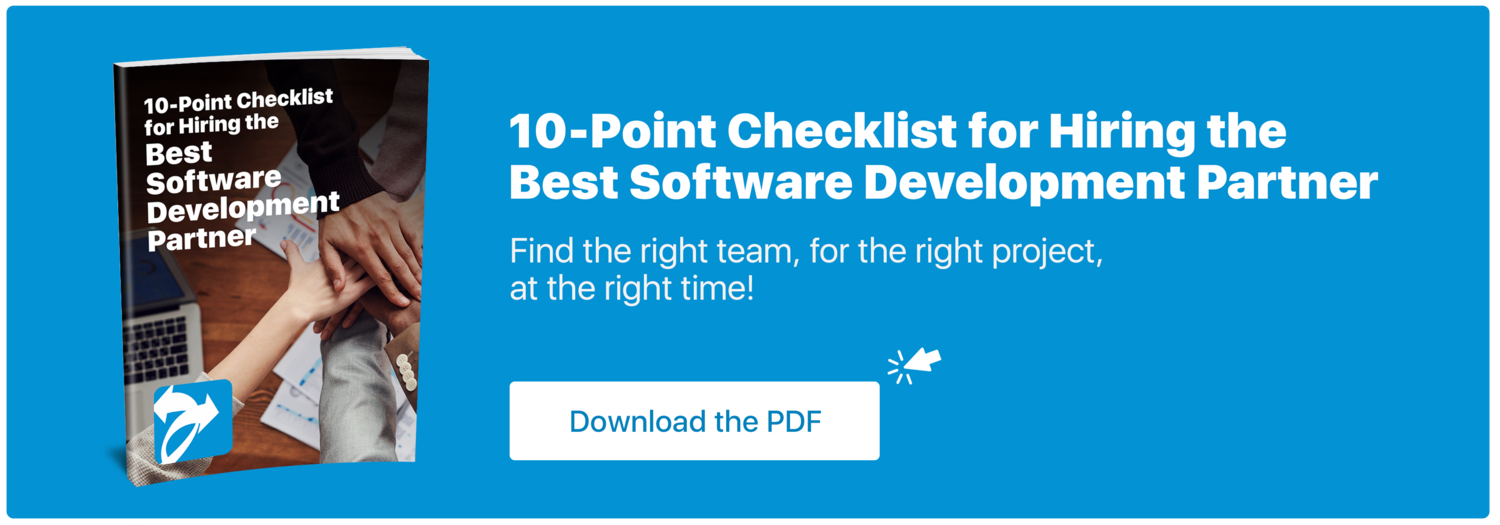The quality of our day is determined as soon as it begins, everything we do is a chain of habits all leading to one outcome. That outcome is either you used the day to move forward or stay in place. The thing about staying in place is that time is moving forward, so you might end up getting left behind if you stay in the same place too long.
Think of that feeling of being productive, checking everything off your to-do list, and ending each day with a sense of fulfillment. Now imagine if every day was just like that, full of accomplishments and taking care of yourself. You could get things done in a year which might take others 5-10 years. The thing about days like this is that they’re hard! But that is why they are the most rewarding.
Every successful person has become successful through consistency, setting themselves up for success by taking action every day. Think about this, how productive would you be if you simply went through the motions of each day? Not having any goals for the day will only cause opportunities for you to procrastinate, which is just a fancy word for wasting time.
In the business world, everything operates on a schedule, you have meeting times, your high-priority tasks, and planning, all of which are daily responsibilities. These responsibilities require a disciplined mind and a grounded thought process to navigate the day. Like anything, preparing yourself for the day requires practices that will serve you.
To live each day in a way that moves you forward, it is best to create a daily routine. Remember, a routine is not just a set of tasks that you have to do each day, it is habitual checkpoints meant to keep you productive and healthy (mentally and physically). The past couple of years have shaken up life for all of us, through uncertainty, establishing structure can mitigate stress and anxiety.
Here are some tips to get started:
Control What You Can Control
If you make a list of everything you’re stressed or worried about, how many of those things can you control? Some things will be out of your control, that’s okay, you want to focus on things that require your care and attention. Establishing this will give you a sense of power as you now know what your responsibilities are. This may seem simple and if it is, why don’t you do it? If everybody focused solely on things in their control, we might be far less stressed out.
Don’t Put Things Off
The worst thing you can do when you have responsibilities is wait to do them, however, we are all guilty of this. Being aggressive in task completion by addressing it as soon as it arises will keep you focused. It will take the edge off worrying about things you have on the back burner and now the task can receive your full attention.
Make Time For Yourself
Want to know what the most important things in your life are? Your mind and body, without them, everything else goes away. Make time in the day for you to exercise, feed yourself with nutrients, and read, listen, or write. Of course, you may be “too busy”, but we all have 24 hours each day, you can't carve out 1-2 of them for yourself?
Down the line, the biggest payoff you will receive is the one you get from maintaining a healthy lifestyle. It’s important to realize that a “healthy lifestyle” is not just exercise and diet. What you feed your mind is the root of your reality. The things you listen to, the books you read, the shows you watch, the things you tell yourself, these are all shaping your mindset and overall outlook on the world.
Be Patient
Constructing a lifestyle designed to make you a better person is not a one-day, two-week, or one-month process and there are no shortcuts. It requires a constant drive to seek out opportunity and trust that even through doubt, it will be worth it. Give yourself a chance to embrace the benefits that come with a routine, you have no idea where it can land you 5 years from now.
Conclusion
Have a set plan for your days, a few things that by the end of the day, you want to be finished to a standard that makes you proud. This can be as simple as making your bed in the morning so you come back to a tidy room at night. The emphasis on every tip I have given here is meant to serve YOU, because how can you help anyone else without having taken care of yourself. Daily rituals are the foundation to productive days and a fulfilled life.
We work with successful companies to increase their net profits using exceptional custom software solutions, contact us here to see how we can help your business grow!

















